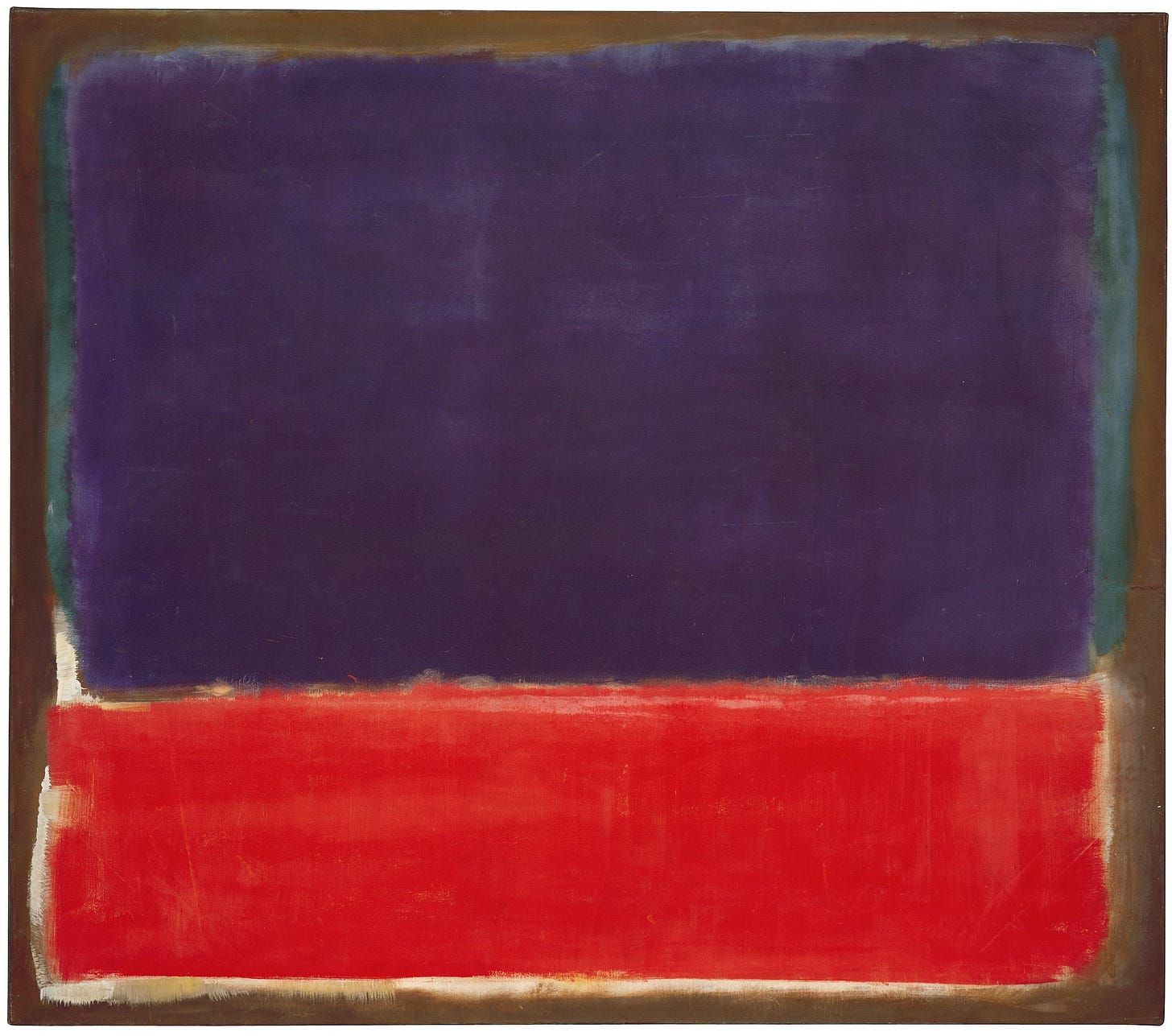Book Review: Cal Newport's Digital Minimalism
Finding Solitude – Digital Minimalism and Walking Alone
“The sugar high of convenience is fleeting, and the sting of missing out dulls rapidly, but the meaningful glow that comes from taking charge of what claims your time and attention is something that persists.”
“Outsourcing your autonomy to an attention-economy conglomerate, when you mindlessly sign up for every trending service, is the opposite of freedom.”
I picked up Cal Newport’s Digital Minimalism: Choosing a Focused Life in a Noisy World this month, out of curiosity, hoping to reshape my relationship with my phone. After deepening my meditation practice last year, I developed a heightened state of physical and mental awareness. I realized I was permanently switched on, constantly waiting for Slack, iMessage, Twitter, or Instagram notifications.
I felt like I was living half my life in a digital sphere - some narrative swirling through my head from a Twitter thread that I didn’t consciously place there. It was exhausting. My mind would circle with these digital conversations, leaving me less present for conversations in the physical world.
Newport's book offers a powerful antidote to this digital condition - he argues for a new philosophy to technology, one which he calls “Digital Minimalism” defined as the following:
Digital Minimalism: A philosophy of technology use in which you focus your online time on a small number of carefully selected and optimized activities that strongly support your values —and then happily miss out on everything else.
Importantly, Newport isn’t anti-technology. Instead, he challenges us to be far more thoughtful about why and how we use digital tools — concerned that their creeping presence is costing us our freedom.
Newport provides a practical, prescriptive guide to achieving this. He stresses that this isn’t only about decluttering our lives of technology; it’s about redirecting that time and energy into other, more meaningful activities.
According to Newport, these activities are the following: (1) experiencing solitude, (2) enjoying face-to-face conversation, and (3) engaging in rewarding leisure practices.
The section in Newport’s book on solitude particularly resonated. It’s the first time I’ve encountered an author clearly outlining the benefits of spending time alone. Citing historical figures like Abraham Lincoln, Henry David Thoreau, and Edward Gibbon, he emphasizes that solitude is essential for creativity and introspection.
Newport defines solitude as "time spent free from inputs from other minds.” This definition is drawn from the book Lead Yourself First by Ray Kethledge and Mike Erwin.
In a later chapter in Digital Minimalism, Newport references the seminal work by Anthony Storr, an English psychiatrist, Solitude: A Return to Self, which opens with a Gibbon quote: “Conversation enriches the understanding, but solitude is the school of genius.” Storr reaffirms this idea, contending that we mistakenly view intimate interaction as the sole source of human thriving. In fact, solitude is equally vital for happiness and productivity.
Newport then offers practical advice on embracing solitude. One of the best ways is to take long walks while leaving your phone at home. Quoting Nietzsche - “Only thoughts reached by walking have value” and “The sedentary life is the very sin against the Holy Spirit” - he makes a compelling case for rejecting a life chained to digital sedentarism. Thoreau, too, celebrated walking: “The walking of which I speak has nothing in it akin to taking exercise… but is itself the enterprise and adventure of the day.”
He also recommends a 30-day digital detox - a period during which you abstain from social media, only slowly reintroducing it afterward if necessary.
Here are key recommendations from the book:
Spend Time Alone: Important for meaningful reflection and creativity
Write Letters to Yourself: Newport argues that writing a letter to yourself is an excellent mechanism for generating solitude, because it liberates you from external inputs and provides a conceptual framework for organizing your thoughts.
Don’t Click ‘Like’: Avoid engaging with friends online in this way. Replace low-quality clicks with direct outreach to friends.
Reclaim Good Conversation: Be fully present. This is an act of service to our friends and family - being present enables loved ones to be fully heard and understood. As an American sociologist, Sherry Turkle remarks, “Face-to-face conversation unfolds slowly. It teaches patience. We attend to tone and nuance.” Digital communication, by contrast, often far less depth.
Practice Consolidated Texting: Avoid meandering conversations via digital messaging that dilute the value of your relationships. Becoming less available on text can actually strengthen connections.
Hold Conversation Office Hours: Set aside specific times in the day or week when you’re available for phone conversations.
There are two primary critiques of Newport’s work. First, while many of us understand that reducing our digital time would be beneficial, our culture often equates opting out of digital interactions with social isolation. Most of the people we care about are deeply immersed in online life, so asking them - or even ourselves - to disconnect becomes challenging when our attention is already compromised.
Second, some critics have dismissed Newport’s suggestions as material that could easily be condensed into a blog post. I find that criticism a bit bland. I appreciated his meandering stories of historical figures and personal anecdotes — reminders that, in a world obsessed with efficiency, slowing down can be a profound act of rebellion. The very act of reading Digital Minimalism is an antidote to our relentless digital distractions.

